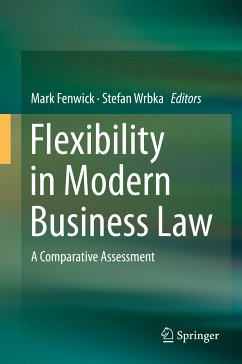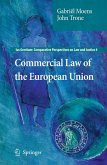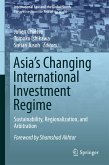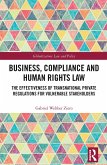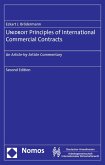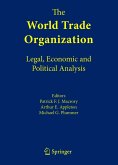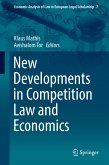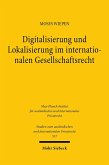This book brings together a number of contributions examining how changes associated with economic globalization have contributed to the creation of new pressures on, and expectations of, those fields of law connected to the regulation of cross-border commercial transactions. These new demands of law - in particular, that it be more agile or "flexible" in regulating the economy - have prompted lawmakers and regulators in multiple jurisdictions to adopt a range of new regulatory techniques and legal forms to respond to this challenge. In many cases, these adaptations in law have entailed compromising traditional legal principles, such as legal certainty, in favor of empowering regulators with greater discretion than has traditionally been permitted in modern law. This change raises important questions about the meaning of fairness (certainty or flexibility), as well as the relationship between the public and private good.
Dieser Download kann aus rechtlichen Gründen nur mit Rechnungsadresse in A, B, BG, CY, CZ, D, DK, EW, E, FIN, F, GR, HR, H, IRL, I, LT, L, LR, M, NL, PL, P, R, S, SLO, SK ausgeliefert werden.

